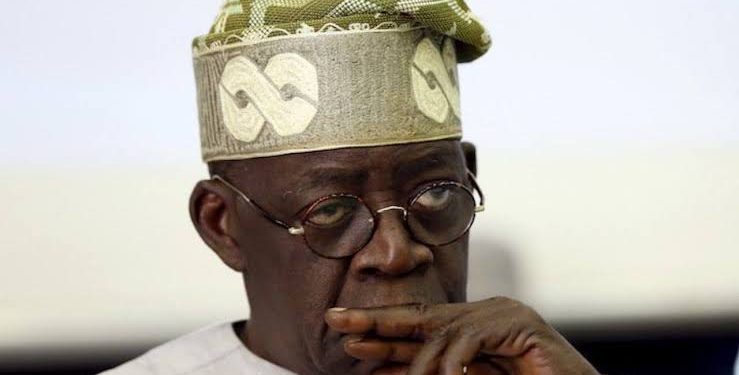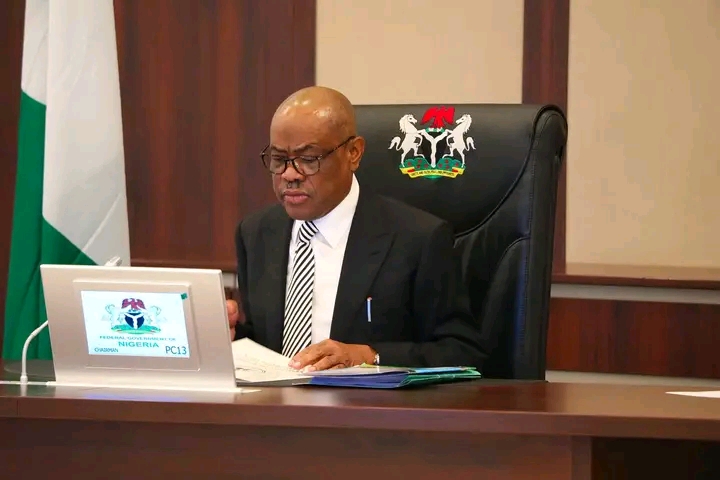Nigeria faces a high-stakes test as it balances trade and diplomacy between the U.S. and China, each offering rival but vital opportunities.
Nigeria is stepping into the global spotlight as it faces mounting pressure to strike a delicate balance in its trade and diplomatic relations with the United States and China. Both superpowers are vying for influence in Africa’s largest economy, offering competing—yet complementary—benefits that could shape Nigeria’s future.
The United States remains one of Nigeria’s strongest allies, supporting the country in areas such as counter-terrorism, technology, education, and governance reforms. Washington also provides a vast export market for Nigerian oil and continues to push for stronger democratic institutions as a foundation for sustainable growth. But its demands for transparency, accountability, and human rights often create tensions with policymakers in Abuja.
ALSO READ: Nigeria Customs Service Launches Automated Excise Register System Nationwide
China, meanwhile, has entrenched itself as Nigeria’s biggest infrastructure partner. From multi-billion-dollar rail projects to energy investments and road construction, Beijing has provided fast-tracked financing with fewer political conditions. Still, growing concerns over rising debt, opaque contracts, and China’s deepening influence have raised alarms among economic analysts.
Observers warn that Nigeria cannot afford to tilt too heavily toward either side. Instead, experts argue that Abuja must leverage U.S. strengths in technology and governance while capitalizing on China’s rapid infrastructure financing to build a balanced, win-win strategy.
Diplomatically, analysts stress that Nigeria’s future lies in maintaining autonomy, avoiding dependency, and positioning itself as Africa’s central voice in the global power rivalry. By blending U.S. innovation with Chinese infrastructure muscle, Nigeria could unlock economic diversification, industrial growth, and long-term stability.
With Washington and Beijing tightening their grips on Africa, the coming months will be crucial. The big question now is whether Nigeria can navigate the rivalry without losing its sovereignty—or missing out on the opportunities both powers bring.



![NRC suspends Port Harcourt to Aba train services [SEE WHY]](https://nationscuriosity.com/wp-content/uploads/2025/09/Nigerian-Railway-Corporation-NRC-Ebute-Metta-e1447025569978-120x86.jpg)







